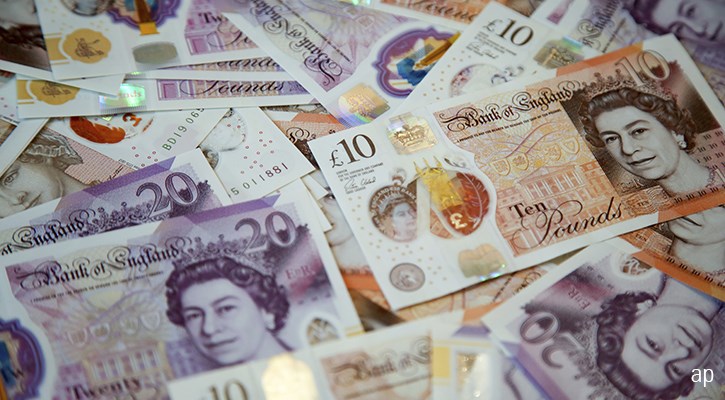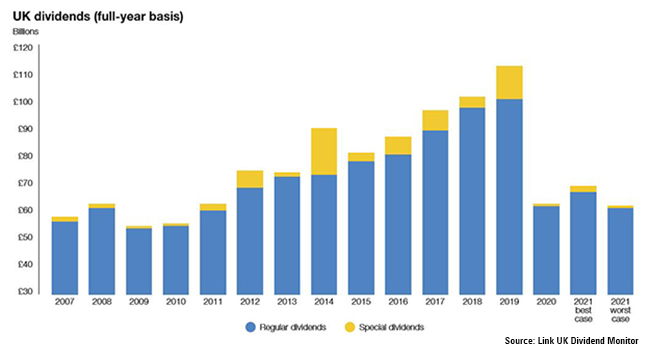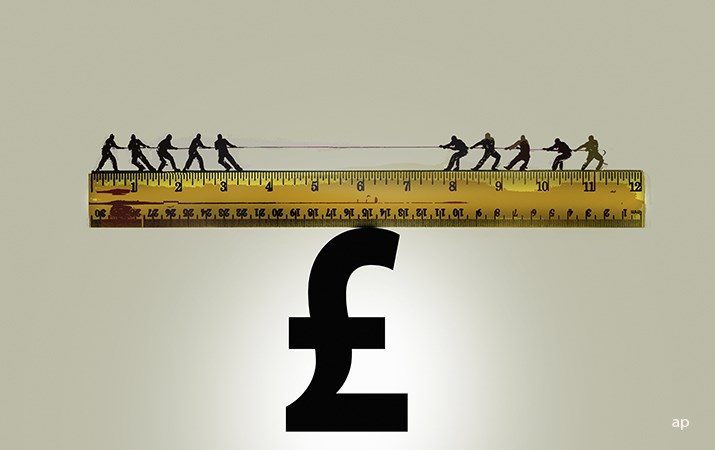
The latest Link Dividend report lays bare the full extent of the damage from last year’s dividend cuts and cancellations to income investors.
While 2021 is forecast to be better than 2020, Link also issues a stark warning about the effect of recent lockdowns in weakening the UK economy, company profits and the dividends they pay.
In total, dividends paid to investors fell 44% to £61.9 billion in 2020, according to Link, the lowest level since 2011. Some two-thirds of UK companies cut or cancelled dividends between Q2 and Q4. At the low point last year in Q2, three-quarters of UK companies had cut or cancelled.
Dividends Slashed in 2020
Banks and oil companies dominate the FTSE 100 in income terms, so a regulatory freeze on payouts for finance firms and hefty dividend cuts from the likes of Shell (RDSB) and BP (BP.) were likely to take a heavy toll.
According to Link, the banking sector accounted for £16.6 billion of lost dividend income last year. Oil was the next biggest detractor, with £8 billion taken out of the overall cash pile.
Link says the UK's oil majors had already been struggling to sustain their generous pay outs in recent years, and the Covid crisis pushed them over the edge. "The UK’s oil majors took this opportunity to reset their dividends to more sustainable levels,” it adds. Shell, for example, cut its dividend for the first time since WW2, slashing its payout by 66%. But the company has recently signalled a modest rise income ahead for investors.
Link forecasts it will take many years before the UK market can plug the gap left by the oil majors, and that overall dividends won’t reach 2019 levels until 2025 at least.

Despite taking the axe to its dividend, Shell is still the largest contributor to UK dividends, a position it’s held for every year since 2010, apart from 2014 when Vodafone briefly stole its crown. Indeed, the top five list of biggest dividend payers looks very similar as it did 10 years ago: in 2010 the list ran Shell, Vodafone (VOD), HSBC (HSBA), GlaxoSmithKline (GSK) and AstraZeneca (AZN); in the 2020 the list was Shell, BP, British American Tobacco (BATS), GlaxoSmithKline and Rio Tinto (RIO).
The most resilient sectors, meanwhile, included healthcare, basic consumer goods, food producers and food retail, which provided classic defensive qualities. These industries showed only very modest declines in theirs payouts for the year, or even managed to maintain them. Food retail was the best performing sector in this group, growing dividends by 22% to £1.3 billion.
What Happens Next?
What should investors expect in 2021? With many dividends being reinstated and even increased, investors have some grounds for optimism (Morningstar index expert Dan Lefkovitz has recently looked at this trend on a global level). Link expects the first quarter of this year to be better than the three previous quarters, but the outlook remains uncertain, especially in the UK.
But Link says the uneven nature of the global recovery could play into income investors’ hands: “The latest lockdown will cause enormous economic damage in the UK but its overall impact on dividends will also depend on how quickly the new variant spreads around the world, as the UK’s largest payers are big multinationals. The more domestically sensitive companies account for a much smaller share of overall payouts.”
All eyes will be on the UK banks, Link says, and how they use their newly restored freedoms to reward shareholders. Some businesses may take a more cautious approach given the economic situation, and the upcoming UK earnings season is likely to reveal more about their plans for 2021 dividends. Morningstar Investment Management's Dan Kemp argues that the dividend cuts will have stood UK banks in good stead: "In the meantime, those dividends have gone to improve the capital position of banks to make them stronger. So, actually, we didn't see the dividend cuts as a negative. We see them as a long-term positive."










.jpg)

















